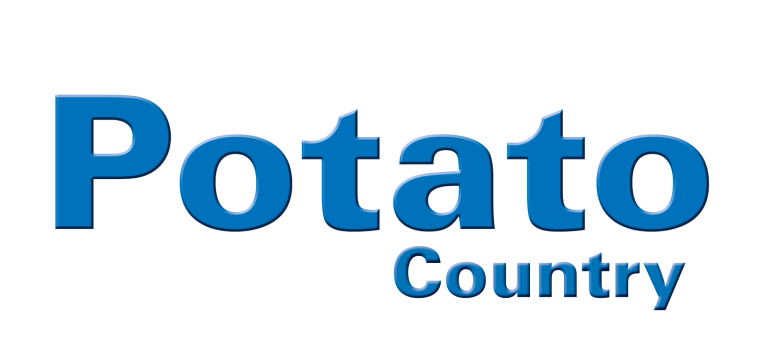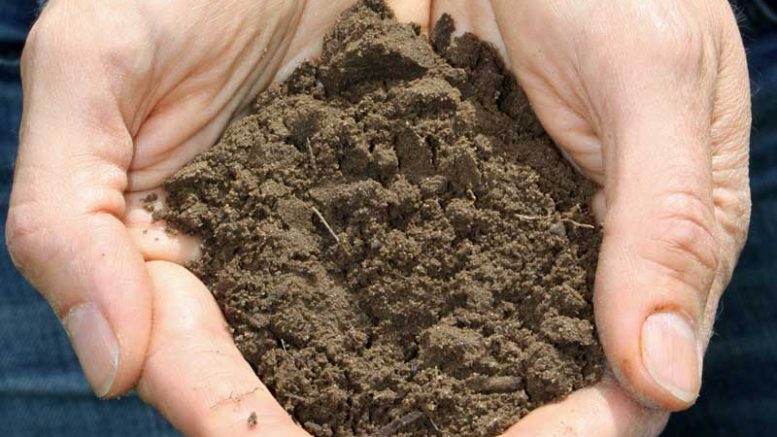Specialty crops producers can now apply for USDA’s Coronavirus Food Assistance Program (CFAP), which provides direct payments to offset impacts from the coronavirus pandemic. The application and a payment calculator are now available online and USDA’s Farm Service Agency (FSA) staff members are available via phone, fax and online tools to help producers complete applications. The agency set up a call center in order to simplify how they serve new customers across the nation. Applications will be accepted through August 28, 2020.
Through CFAP, USDA is making available $16 billion for vital financial assistance to producers of agricultural commodities who have suffered a five-percent-or-greater price decline due to COVID-19 and face additional significant marketing costs as a result of lower demand, surplus production, and disruptions to shipping patterns and the orderly marketing of commodities.
We also want to remind producers that the program is structured to ensure the availability of funding for all eligible producers who apply. In order to do this, producers will receive 80 percent of their maximum total payment upon approval of the application. The remaining portion of the payment, not to exceed the payment limit, will be paid at a later date nationwide, as funds remain available.
Producers can download the CFAP application and other eligibility forms from farmers.gov/cfap. Also, on that webpage, producers can find a payment calculator to help identify sales and inventory records needed to apply and calculate potential payments.
Additionally, producers in search of one-on-one support with the CFAP application process can call 877-508-8364 to speak directly with a USDA employee ready to offer assistance. This is a good first step before a producer engages the team at the FSA county office at their local USDA Service Center.
Applying for Assistance
Producers of all eligible commodities will apply through their local FSA office. Those who use the online calculator tool will be able to print off a pre-filled CFAP application to sign and submit to your local FSA office either electronically or via hand delivery. Please contact your local office to determine the preferred method. Producers can find contact information for their FSA county office by visiting farmers.gov/CFAP and using the Find Your Local Service Center tool at the bottom of the page.
Documentation to support the producer’s application and certification may be requested after the application is filed. FSA has streamlined the signup process to not require an acreage report at the time of application and a USDA farm number may not be immediately needed.
Additional Commodities
USDA is also establishing a process for the public to identify additional commodities for potential inclusion in CFAP. Specifically, USDA is looking for data on agricultural commodities, that are not currently eligible for CFAP, that the public believes to have either:
- suffered a five percent-or-greater price decline between mid-January and mid-April as a result of the COVID-19 pandemic,
- shipped but subsequently spoiled due to loss of marketing channel, or
- not left the farm or remained unharvested as mature crops.
More information about this process is available on farmers.gov/cfap.
More Information
To find the latest information on CFAP, visit farmers.gov/cfap or call 877-508-8364.
USDA Service Centers are open for business by phone appointment only, and field work will continue with appropriate social distancing. While program delivery staff will continue to come into the office, they will be working with producers by phone and using online tools whenever possible. All Service Center visitors wishing to conduct business with the FSA, Natural Resources Conservation Service, or any other Service Center agency are required to call their Service Center to schedule a phone appointment. More information can be found at farmers.gov/coronavirus.

